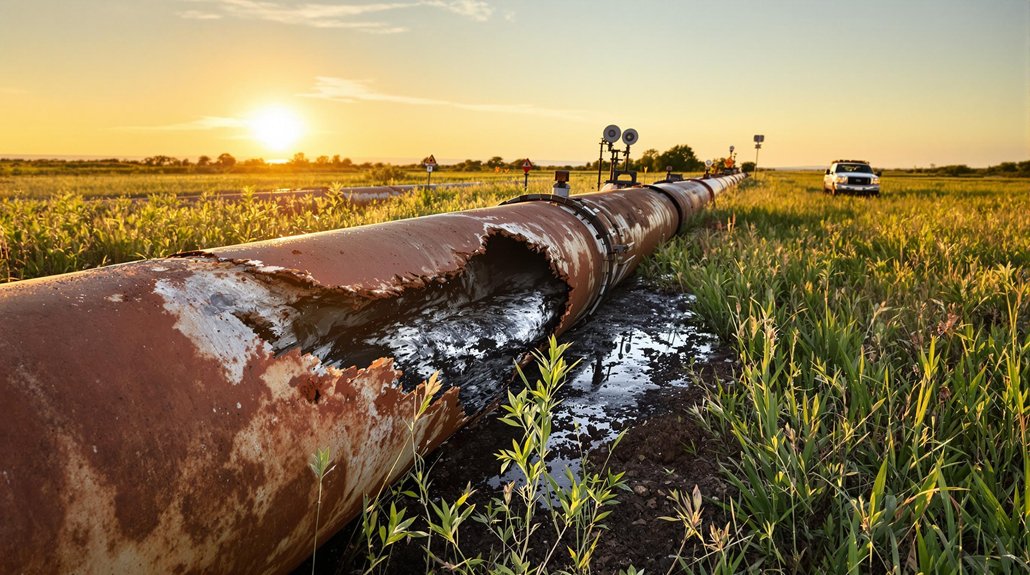The Trump administration has scrapped a Biden-era climate review affecting over 3,200 oil and gas leases across Western states. This decision impacts roughly 3.5 million acres in Wyoming, Colorado, and other regions. Officials say the move will reduce regulatory barriers for energy production by simplifying environmental reviews. Environmental groups have voiced strong concerns about potential harm to biodiversity and ecosystems. The policy shift raises questions about the balance between energy development and environmental protection in America’s western lands.
As the Trump administration moves forward with its environmental agenda, federal officials have rescinded a major Biden-era climate review affecting thousands of oil and gas leases across Western states. The decision impacts 3,244 oil and gas leases covering approximately 3.5 million acres in Wyoming, Colorado, New Mexico, and other Western states.
The Bureau of Land Management announced plans to pursue alternative compliance measures for the National Environmental Policy Act instead of continuing the thorough reviews started under the previous administration. This change aligns with the administration’s broader goals to reduce regulatory barriers for energy production. The notice of this significant policy shift was officially published in the Federal Register.
Streamlining NEPA compliance to cut red tape for energy developers, ditching Biden-era environmental scrutiny on federal lands.
Environmental advocacy groups, including WildEarth Guardians, have criticized the decision as insufficient to address larger pollution concerns. The proposed budget reduction from $485 million to $171 million at NOAA’s Office of Oceanic and Atmospheric Research further undermines climate research efforts. They’ve argued that the piecemeal approach to environmental reviews doesn’t properly account for cumulative impacts of drilling activities, especially in high-production areas like the Permian Basin.
The Interior Department has eliminated requirements for Environmental Impact Statements for oil and gas leasing decisions, effectively streamlining the process for energy companies. The BLM currently oversees more than 23 million acres of federal land leased for oil and gas development that will be affected by these policy changes.
The administration’s January 2025 executive orders aimed to speed up development permits and increase domestic oil production. However, some energy projects have faced delays in court due to judges finding their environmental assessments inadequate under existing laws.
These policy shifts come alongside proposed cuts to climate research initiatives at the National Oceanic and Atmospheric Administration. Critics warn these reductions could harm the quality of climate data and future environmental policies.
The changes primarily affect public lands in Western states, with conservation organizations expressing concern about potential impacts on biodiversity and ecosystems. While renewable alternatives face energy storage limitations, the administration continues to prioritize fossil fuel development despite environmental concerns. Legal challenges have highlighted the administration’s failure to incorporate the social cost of carbon in leasing decisions, while environmental groups continue to push for federal agencies to uphold conservation commitments under NEPA.








